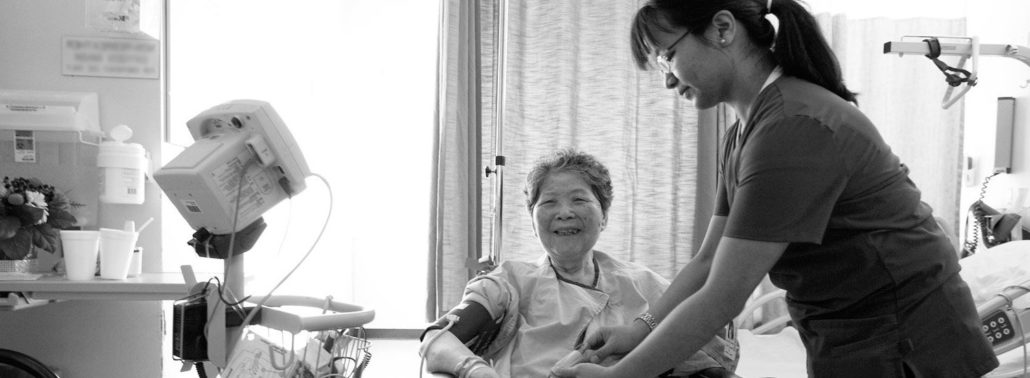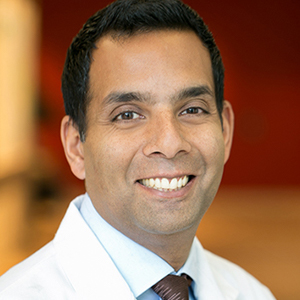“The situation you imagine in your head is always scarier than reality.” Tony Watt, mental health clinician at Sinai Health’s Wellness Centre, often tells this to his clients living with anxiety. The Wellness Centre serves Chinese speaking older adults 65 years and older in Ontario and is located in Scarborough, a Greater Toronto Area community with a large Chinese speaking community. “Now that the COVID-19 pandemic has caused day programs to be shut down and family members can’t come over, the older adults I see are deathly afraid of ending up in long term care homes or having to go to the hospital when they don’t speak English and these feelings can cause anxiety,” he says.
Tony describes anxiety as “a distressing feeling, it can come in wave-like crashes but it can also be in the background,” and can be exacerbated due to social isolation, something an increasing number of older adults are experiencing due to COVID-19 restrictions. “In the Chinese community, talking openly about mental illness is stigmatized so for older Chinese persons a lot of them are going to express anxiety through physical complaints such as sleep problems, gastrointestinal issues, feeling as if there is a weight on one’s chest or feeling more tired,” Tony says.
Providing culturally specific mental health support for Chinese speaking older adults is extremely important. “If some of the older adults I work with had to see a non-Chinese doctor, they wouldn’t find it helpful. It is not just language, if you don’t understand the culture you won’t get what they’re saying,” he says. “There are a lot of services in Toronto for older Chinese adults, including wellness calls and online day programs that can give isolated older adults something to look forward to.”
Having a regular routine, or a feeling of purpose is key. “I treated a retired playwright living in a retirement home who started developing anxious, intrusive thoughts around handwashing. He decided he was going to write a play about how people are dealing with COVID-19. He got friends to write short stories and put them online, therefore finding something to turn his energy towards. Giving him purpose,” Tony says. “If someone has activities to do, finds a routine or schedule, it can be a big deal for lessening anxious thoughts. Sometimes as a mental health clinician, the only thing I can do is listen, ensure my patient is being understood and heard. I’ve been seeing patients virtually via the computer or over the phone recently and even that can give them something to look forward to, remind them that someone knows they exist.”
Now that we are facing a winter with prolonged COVID-19 lockdowns, older adults may be feeling more anxious than ever. Tony suggests exercise and staying connected. “Chronic anxiety can cause tight muscles, the tenser you get, your body tells your brain that there’s something to fear and it can become a cycle,” Tony says. “Physical exercise and practicing relaxation techniques that can relax tight muscles can help. Also addressing self-talk is very important. How do we interpret things? What are we anxious about? In my work I try to help my patients break down what it is they’re afraid of.”
Most importantly, for those not seeing anyone and struggling to deal with anxiety issues on their own, its important to encourage or support them with their primary care provider or a mental health clinician to help them get the help they need to live with greater health and independence.
Related Sinai Health’s Healthy Ageing and Geriatrics Health Education Resources:
Recognizing and Managing Anxiety
Managing Common Mental Health Conditions in Older Adults
Recognizing and Managing Depression
Managing Sleep in Older Adults
Helpful resources:
Hong Fook Mental Health Association


